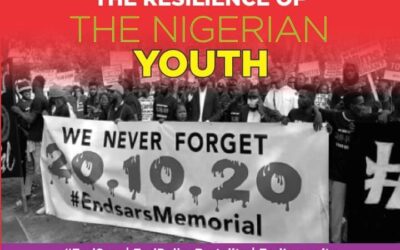Vice President Goodluck Jonathan yesterday stressed the need for a review of the 1999 Constitution, which he described as inadequate and in need of amendment if it is to accommodate current developments in the nation's life.
The Vice President also said that majority of Nigerians believe that federalism as currently being practiced in the country is militaristic in nature and lopsided, in terms of the power relations between the federal, state and local councils.
Speaking at the International Conference on Federalism holding at the Vigyan Bhawan, New Delhi, India, Vice President Jonathan traced the contradiction in the nation's federalism to the long years of uninterrupted military rule, which weakened governance and threatened to erode the foundation of the federalist principles and structures that had protected Nigeria.
Jonathan told the audience that agitations by Nigerians against military rule, environmental degradation and poverty have basically shaped the present character of the Nigerian federation.
The Vice President, who led the Nigerian delegation to the three-day conference, recalled that the years spanning 1987 to 2007 witnessed increasing socio-economic and political consciousness among Nigerians and led to a resurgence of agitations largely defined by civil society groups in the form of NGOs, ethnic nationalities, traditional, labour and pro-democracy movements.
Dwelling on the contradictions which the era of military rule introduced into federalism in Nigeria, Jonathan noted that "where accommodation was the norm, intolerance took centre stage; where there were consultations, unilateralism became the preferred wisdom. Decrees were imposed and rights taken away as the polity were driven to the edge of precipice."
In his presentation to the conference titled 'A Sure Steady Walk to Nationhood', he added: "it was in the midst of these frustrations that ethnic nationalities in our country began to agitate for access to national wealth, participatory and inclusive democracy and the protection of the environment. Thus, from the South, East, West and North of our country, agitations largely anchored on the philosophy of "access" and "marginalisation" gained currency."
Thus, on return of democracy in 1999, the Vice President said, civil society led the Federal Government and the National Assembly to launch a review of the 1999 Constitution "as the present one on whose shoulders our federation lies is inadequate and must be amended if it is to accommodate developments in our national life."
He said the lopsidedness in the Constitution " suggest that the present arrangements flow from the militarist tradition that is undemocratic in all its ramifications. They demand constitutional changes. And as the government at the centre, our focus is to deliver on the promise of our founding fathers that "though tribe and tongue may differ, in brotherhood we stand."
The Vice President commended the resilience of the Nigerian nation, saying its federalism has been witness to seven Constitutions, eight military coups, two secession attempts, one civil war and three transitions to civil rule. "And through it all, Nigeria 's federalism has shown an admirable capacity to take on challenges and fashion out new ways, ideas and strategies to reposition the system for the good of the people," he said.
According to Jonathan, not many nations come out of civil wars, bury their dead, pick up the pieces and metamorphose into greater unions. Some individuals who have established a tradition of interpreting Nigeria in the negative remain bewildered as to how we have remained so strong and full of great possibilities."
From Madu Onuorah, New Delhi
The Guardian
Tuesday, November 6, 2007




